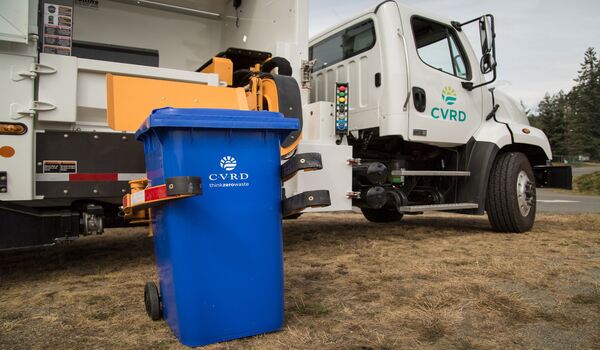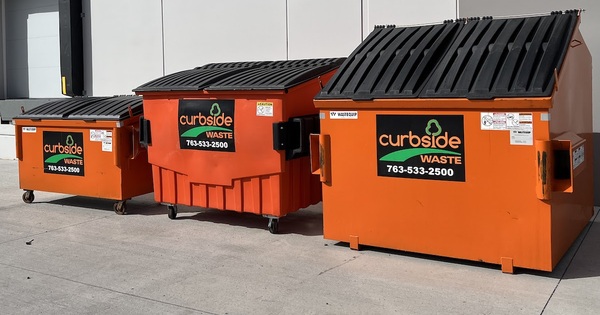Most organic household trash ends up in landfills, where it emits methane, a potent greenhouse gas. Composting food and garden waste instead of dumping it in landfills can considerably cut methane emissions and help combat global warming. A new study from the University of Illinois at Urbana-Champaign investigates the impact of curbside compost collection programs in New South Wales, Australia.
“Governments around the world are interested in composting organic waste to reduce methane emissions, and they are searching for ways to make waste collection more accessible for homes. As municipal composting services were implemented in Australia, we wanted to see how these policies affected household waste disposal behavior,” said Becca Taylor, an assistant professor in the Department of Agricultural and Consumer Economics at the University of Illinois’ College of Agricultural, Consumer, and Environmental Sciences (ACES).
From 2009 to 2015, 24 local government councils in New South Wales, Australia’s most populated state, implemented curbside services to collect food and garden waste for recycling into compost. Households were given three bins: red for general rubbish, yellow for recycling, and green for organic waste. People were educated on the types of waste that may be placed in the bins through information campaigns, and some councils provided miniature kitchen caddies to help with waste sorting.
Governments around the world are interested in composting organic waste to reduce methane emissions, and they are searching for ways to make waste collection more accessible for homes. As municipal composting services were implemented in Australia, we wanted to see how these policies affected household waste disposal behavior.
Becca Taylor
Taylor and coauthor Lihini de Silva of Monash Business School in Australia evaluated home trash data from the New South Wales government’s annual waste and resource recovery reports between 2008 and 2015.
“We had access to data for all three curbside waste streams: landfill, recycling, and the newly added compost, so we could see spillover and linkages between them. We found the programs were very successful in getting organic waste out of the landfill. On average households redirected 4.2 kilograms of waste to composting, which represents 25% of the waste that previously went to landfills,” Taylor stated.
In some areas, people could put both food scraps and garden waste in the green bins, while other areas only allowed for garden waste. When the researchers compared the two types, they did not find large differences in quantities, which suggests most of the compost came from garden waste.

“People were willing to compost garden trash if they were given the necessary bins. However, there is still space for improvement in transferring food waste from landfill to compost, and further interventions may be required in addition to supplying containers,” Taylor stated.
Taylor and de Silva predicted that shifting one ton of organic waste from landfill to compost would result in a 6% to 26% reduction in methane emissions. They stated that these results may differ for other places because the calculations are based on the unique compost and landfill technologies used.
“We also wanted to see if composting affected other recycling or waste amounts. It could go either way — people could be reminded to recycle other waste as well, or the additional time and effort could result in less general recycling. Another concern was whether giving people an extra bin would increase the total amount of waste,” Taylor said. “However, we did not find significant effects on recycling rates, so it’s not crowding out other recycling, but also not encouraging it. We also found no effects on the total amount of waste.”
Methane traps heat in the atmosphere approximately 30 times more effectively than carbon dioxide. It stays in the atmosphere for significantly shorter periods of time, therefore lowering methane emissions has a more immediate influence on reducing global warming. Landfills are the third greatest source of human-caused methane emissions, following fossil fuels and animals. The researchers highlighted that composting organic waste rather than sending it to landfills is a significant and low-cost strategy to reduce methane emissions.
“These compost collection schemes help reduce methane emissions without lowering garbage. This emphasizes the importance of recycling; yet, producing less garbage in the first place would result in even higher emission savings. “Both measures are essential components of sustainable practices,” Taylor said.
















